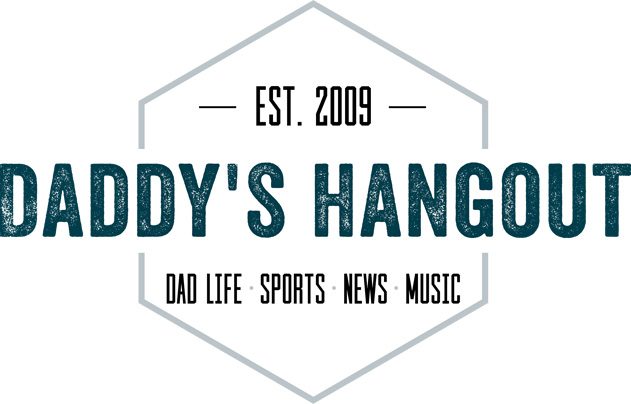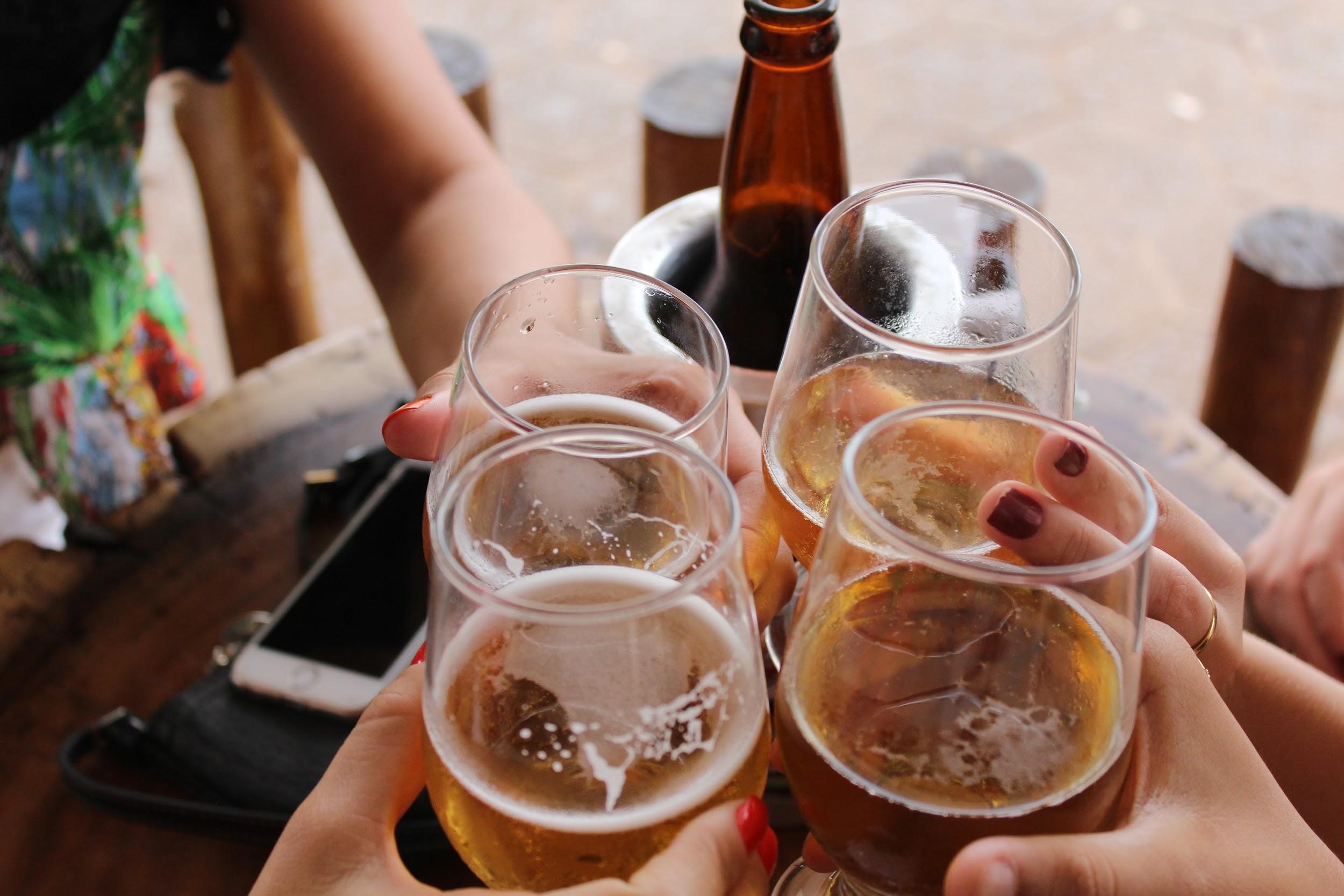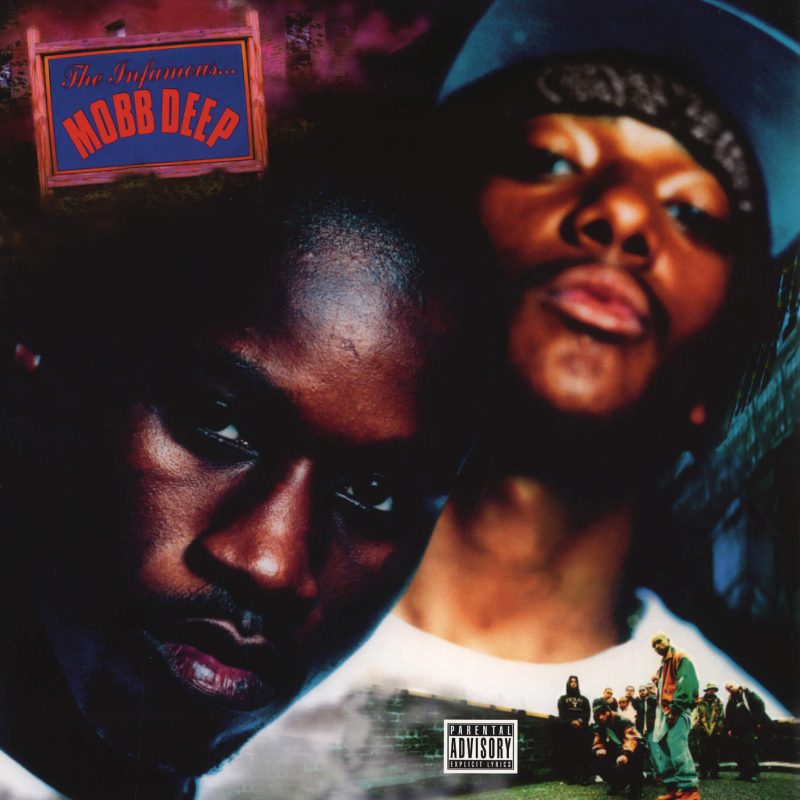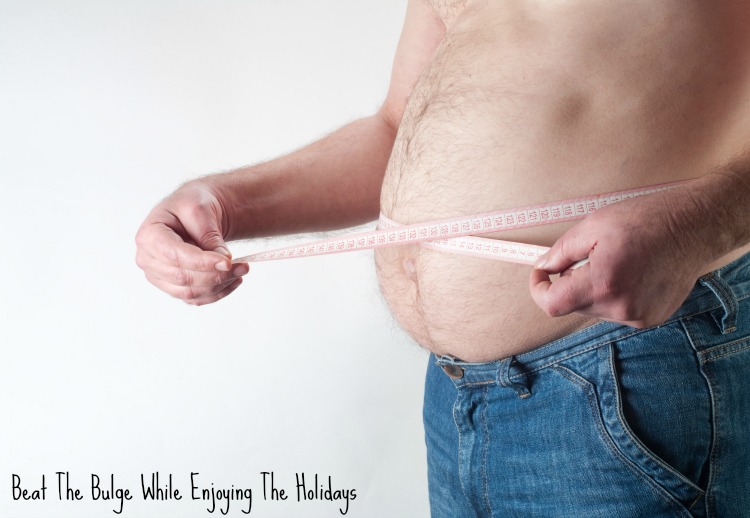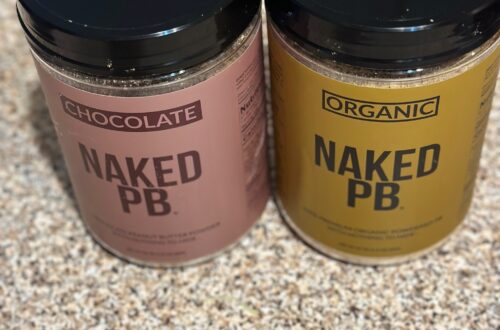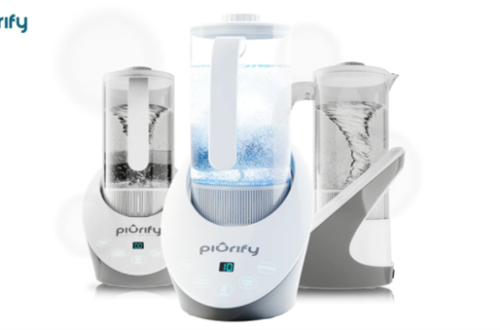If you’re like a lot of people, you might be under the impression that a late-night drink can help you get to sleep just a little bit faster. While alcohol consumption just prior to bed affects everyone a little differently, there are two important considerations to be aware of. The first is that, yes, alcohol will help you jump into deep sleep. The second is that your nightly sleep requires multiple cycles for you to get quality sleep, and alcohol messes with this – a lot. In fact, after assisting you to induce sleep, the negative effects of alcohol can hit you within ninety minutes, and this is how it happens!
Bathroom breaks
Alcohol is considered a diuretic. Similar to another popular diuretic – caffeine – you’ve likely realized how quickly after drinking that you need to rush to the bathroom. Most of the time this is normal. However, when you lay down to sleep your body has learned to regulate your bladder so you can wait until morning to go to the bathroom. However, diuretics don’t really care what your body is telling your bladder to do. A few drinks at night will inevitably leave you running to the bathroom, one, two, three or more times a night. This really hurts a solid night’s rest.
Can lead to painful health issues
For people with gout, one of the biggest instigators to an attack is the consumption of alcohol. In addition, it appears most gout attacks begin at night. This may be linked to lower body temperatures, a dip in cortisol levels, or dehydration which naturally occurs at night. Remember, while alcohol plays a significant role in increasing the crystallization of uric acid in the joints, it is also a diuretic which can lead to dehydration. So, if you suffer from gout, alcohol at night will not only be a sleep disruptor but will likely prevent you from getting any sleep at all.
Sleep Obstruction
As we know, alcohol does a great job of inducing sleep. It does this by relaxing the muscles in your body. Unfortunately, this also includes the muscles in your tongue and throat which can lead to all sorts of problems such as sleep disruption and sleep apnea. Due to muscle relaxation, you may experience a blockage of air intake causing you to wake up suddenly gasping for breath. For someone who doesn’t have sleep apnea, this can cause significant nightly disruption. For someone with sleep apnea, alcohol can worsen the condition so badly that the lack of oxygen can result in a heart attack or stroke.
Throws off your Circadian Rhythms
When you sleep your body processes thoughts, memories, emotions, and regulates the hormonal and chemical processes in your body to help you reduce inflammation and repair damage. From immediately inducing deep sleep to affecting how you sleep; alcohol throws your circadian rhythms out of whack. That means your body is not performing as it needs to while you sleep resulting in everything from daytime sleep fog, memory loss, irritation, mood swings, insomnia and more.
Alcohol may seem like a clever idea to help you get to sleep. But, while it may help induce sleep, alcohol negatively affects nearly every other aspect of your sleep from dehydration and triggering health issues to creating oxygen obstruction and throwing off your natural sleep cycles. Drinking too much alcohol can also lead to hangover symptoms. Getting a hangover IV in Denver can help alleviate your symptoms and get you back on your feet faster.
